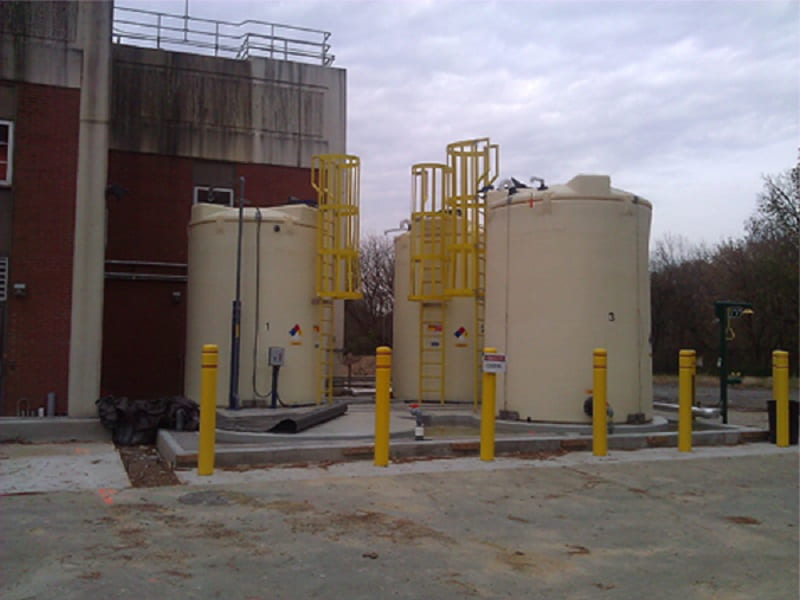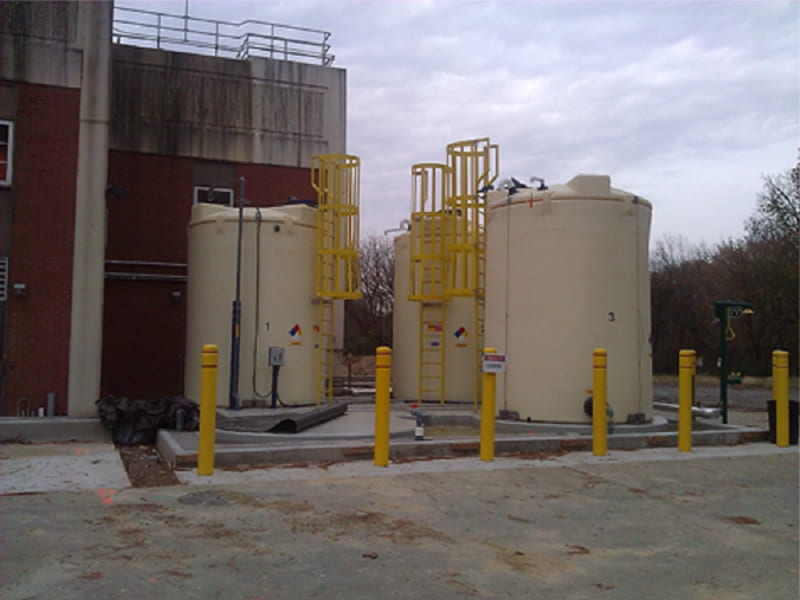
Polyethylene tanks for chemical storage are widely used across industries due to their durability, versatility, and cost-effectiveness. These tanks, made from high-density polyethylene (HDPE), offer a reliable solution for storing a wide range of chemicals, including acids, alkalis, and other corrosive substances.
- One of the primary advantages of polyethylene tanks for chemical storage is their resistance to chemical corrosion.
- Unlike traditional metal tanks, polyethylene tanks are non-reactive to most chemicals, ensuring long-lasting performance and reduced maintenance costs.
- This makes them ideal for industries such as agriculture, manufacturing, and water treatment.
Polyethylene tanks are lightweight yet sturdy, making them easy to transport and install. Their seamless construction eliminates the risk of leaks, providing a safer storage solution for hazardous substances. Additionally, these tanks can be customized in various sizes and shapes to meet specific industry requirements.
Another significant benefit of polyethylene tanks for chemical storage is their environmental friendliness. HDPE is recyclable, and the tanks can be repurposed after their lifecycle. This sustainable aspect aligns with modern eco-conscious business practices.
Polyethylene tanks are also designed to withstand extreme temperatures and UV exposure, making them suitable for outdoor installations. This durability ensures that the stored chemicals remain unaffected by environmental conditions, maintaining their integrity and effectiveness.
Polyethylene tanks for chemical storage are an excellent investment for industries requiring safe and efficient chemical handling. Their resistance to corrosion, ease of installation, environmental benefits, and adaptability make them a superior choice over conventional storage options. By opting for polyethylene tanks for chemical storage, businesses can enhance safety, reduce operational costs, and contribute to sustainable practices.








